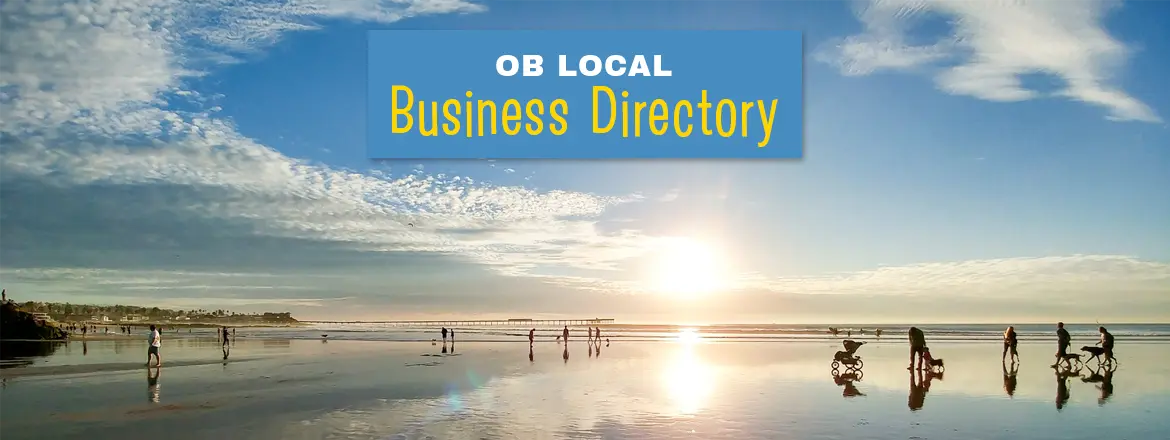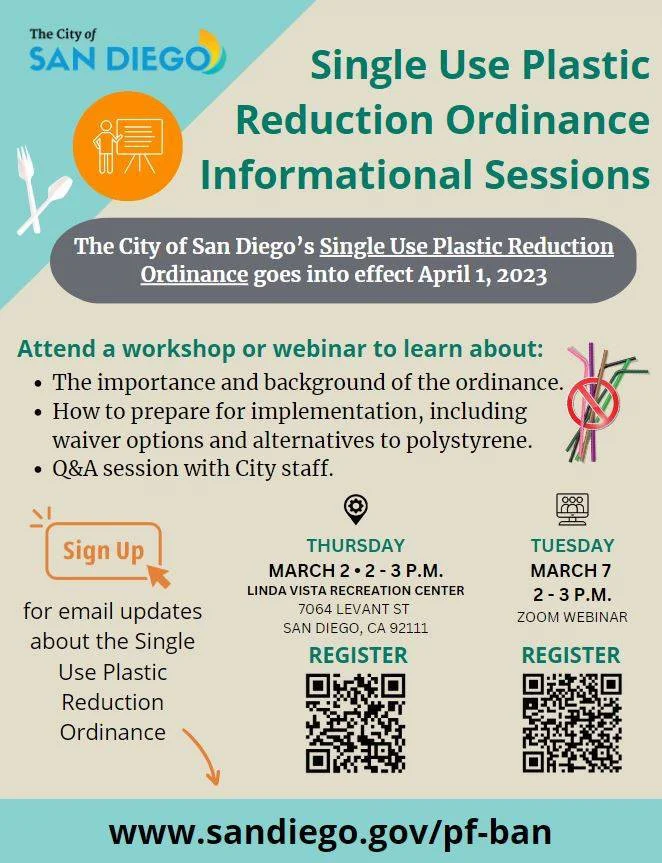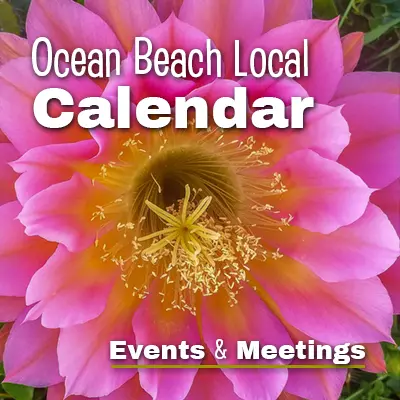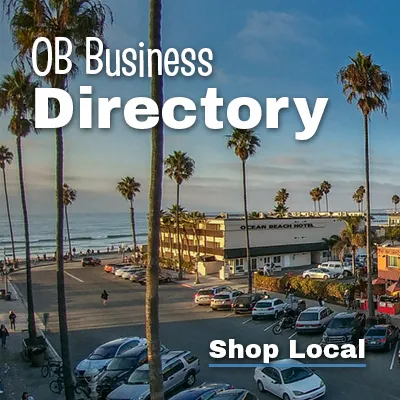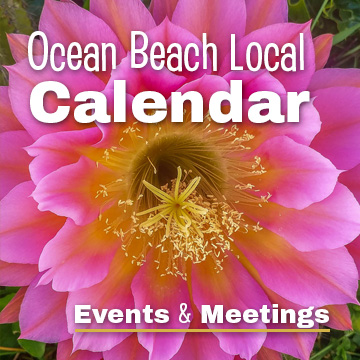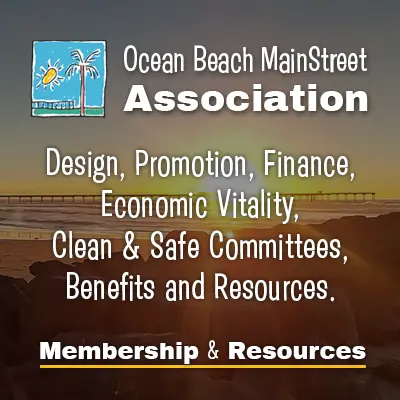Single Use Plastic Reduction Ordinance goes into effect April 1, 2023. In summary:
- Most polystyrene foam containers are prohibited from distribution and sale. This includes food service ware such as bowls, plates, trays, cups, lids, and other similar items, as well as egg cartons and meat trays.
- Single use plastic (and bio-plastic) straws and utensils may only be provided upon the request of the customer.
- The following may not be distributed if made from polystyrene foam unless encased within another material:
- Coolers, ice chests, or similar containers.
- Pool or beach toys.
- Dock floats, mooring buoys, or anchor or navigation markers.
- All polystyrene foam products are prohibited from City facilities (including parks and beaches).
NOTE: Waivers are available for feasibility-based hardships, financial hardships and contractual requirements. There is an automatic waiver through March 31, 2024 for entities with gross income less than $500,000 on most recent federal income tax filing. To apply for a waiver, please email [email protected]
Free Informational Sessions
To learn more, you can attend one of the information sessions that will cover:
- The importance and background of the ordinance.
- How to prepare for implementation, including waiver options, alternatives to polystyrene and resources available.
- Q&A session with City staff.
In-person workshop
Linda Vista Recreation Center (7064 Levant St., San Diego, CA 92111)
Thursday, March 2, 2023, from 2 to 3 p.m.
Workshop Registration(link is external)
Zoom webinar
Tuesday, March 7, 2023, from 2 to 3 p.m.
Webinar Registration (link is external)
Note: Please indicate language preferences during registration at least three days in advance of the event. Language accommodation may not be guaranteed if requested within three days of the event. If you have special language needs and require additional assistance, please email [email protected] or call 858-694-7000.
WHY?
Polystyrene foam products are typically used one time before being discarded, and due to their light weight can easily become litter. Polystyrene foam litter breaks down into small pieces which do not biodegrade and often end up in streets, canyons, waterways, storm drains, and eventually the ocean, where it harms wildlife that mistakenly ingests it.
Plastic straws are a significant contributor to marine pollution and are among the most common forms of litter collected on California beaches. They are not accepted in local recycling programs.
The Single Use Plastic Reduction Ordinance will help San Diego reach its Zero Waste goals and help maintain clean and beautiful beaches and public spaces. The Ordinance will also meet the objectives of the City’s Climate Action Plan.
Alternatives to Polystyrene Foam
Preferred
| Material | Product | Comments |
|---|---|---|
| Reusable service ware (ceramic, glass, reusable plastic, etc.). | Reusable plates, bowls and cups. | Wash and reuse. |
| Paper (coated or uncoated). | Bowls, plates, trays, cups, hinged containers, boxes. | Recyclable if dry and free of food and food residue. |
| Aluminum. | Trays, lidded containers, wrap. | Recyclable if free of food. |
| Plastic (rigid, non-foam). | Bowls, plates, trays, cups, lids, hinged containers. | Recyclable if free of food. |
NOT Preferred
| Material | Product | Comments |
|---|---|---|
|
"Compostable" and "biodegradable" plastic, sugarcane, bagasse, bamboo, molded fiber and other similar items. |
Bowls, plates, trays, cups, hinged containers, boxes, lids, wrap. | Not Recyclable, must be placed in trash. Not accepted in local recycling or composting programs. Does not help San Diego reach its zero waste goals. |
Ask your current supplier about alternatives to polystyrene foam. You may also check these other cities' lists of alternative products:
California Assembly Bills 1884 and 1276 also place some restrictions on providing utensils, straws and condiments. Learn more ![]() here.
here.

